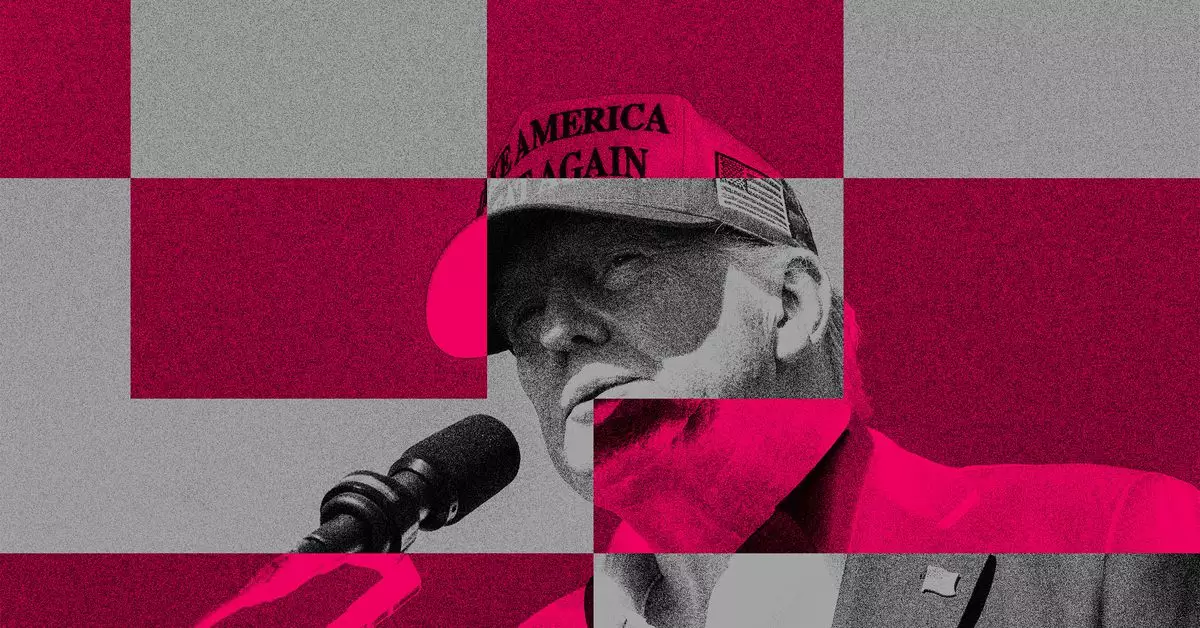On a notable Tuesday night, President Donald Trump made headlines by granting a pardon to Ross Ulbricht, the notorious figure behind the Silk Road—a dark web marketplace infamous for the exchange of illegal goods, ranging from narcotics to counterfeit identification. For years, Ulbricht has been a polarizing character; his supporters see a victim of an overly punitive justice system, while his detractors claim he facilitated a world of poison and crime. Serving a life sentence without the possibility of parole since 2015, Ulbricht’s case raises important questions about the intersection of technology, law enforcement, and morality.
Launched in 2011, Silk Road emerged as one of the first significant platforms for transactions using Bitcoin, ushering in a new era of online commerce that operated outside governmental oversight. Accessible only through the Tor network, Silk Road became emblematic of the shift towards a decentralized economy, attracting users who favored anonymity over regulation. However, its legacy is clouded by the repercussions of its existence. Although the transactions were clandestine, they bore consequences that extended far beyond mere digital exchange, leading to multiple fatalities linked to drug overdoses from products purchased through the site.
The culture surrounding Silk Road has evolved since Ulbricht’s arrest. He has garnered support primarily from libertarians and cryptocurrency enthusiasts who argue that Ulbricht’s sentencing, particularly in light of his life sentence, was excessively harsh compared to others facing similar charges. The case has presented a dichotomy: advocates posit that Ulbricht’s actions stemmed from a philosophy of freedom and free markets, while opponents maintain that he was a major player in enabling a deadly drug trade.
Comparing Ulbricht’s life sentence to the more lenient sentences received by individuals like Blake Benthall—who was apprehended operating Silk Road 2.0—and Thomas Clark, Ulbricht’s associate, illuminates a troubling inconsistency in the judicial approach to cybercrime. Benthall received a lesser sentence of time served coupled with three years of probation; meanwhile, Clark was sentenced to 20 years for his involvement. This raises fundamental questions concerning proportionality in sentencing for cyber offenses that remain nonviolent but can have severe real-world repercussions.
Meandering through these disparate outcomes, one begins to ponder the motivations behind such judgments. Was Ulbricht’s sentence a statement about the dangers of the digital era, or more about the justice system’s attempt to suppress a burgeoning subculture that it struggles to understand?
The Legacy of a Digital Outlaw
As the narrative surrounding Ulbricht continues to unfold, the implications of his pardon will resonate beyond the immediate realm of law. Ross Ulbricht embodies a clash of ideals: championed by those who see cryptocurrency as a vehicle for liberation and justice, he remains vilified by others who contend his actions facilitated significant harm. The complexities of modern justice surrounding technology and crime demand ongoing dialogue about ethics, regulation, and the evolving nature of accountability in the digital age. Whether Ulbricht will emerge as a martyr for digital rights or remain an exemplar of law’s severity remains to be seen. The unfolding chapters of this story stress the need for society to reevaluate its principles in a rapidly changing world.

